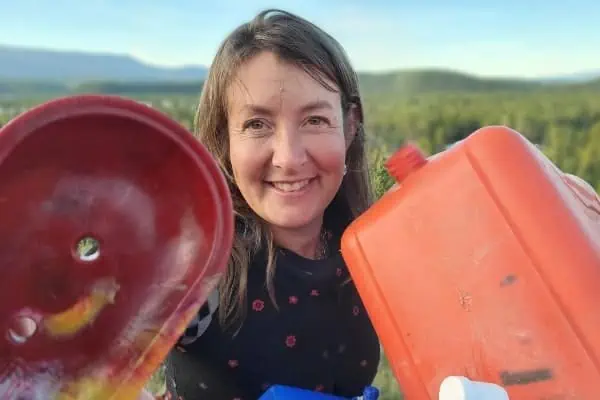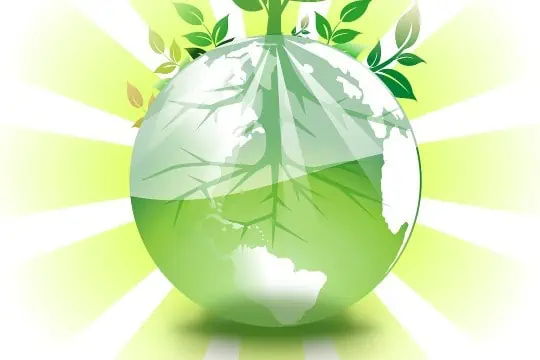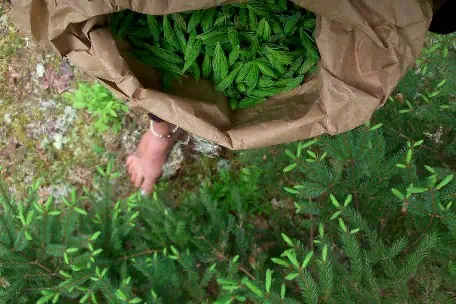On Earth Day this year, we are all encouraged to End Plastic Pollution. PHOTO: Pixabay
The problem is when we throw it away, there is no “away”
Earth Day is April 22. A day when we celebrate the planet we call home. This year’s theme is End Plastic Pollution.
To end plastic pollution, we need to shift our attitudes and behaviours. Plastic pollution affects our health and the health of the animals and plants we share our planet with.
The Earth itself is being overwhelmed with plastic pollution. Researchers predict that by 2050 there will be more plastic, by mass, than fish in the sea. Plastic can leach nasty chemicals that have been linked to negative health effects including early puberty, obesity, abnormalities in the reproductive systems and chromosomes and damage to the cardiovascular system (www.EarthDay.org).
The majority of plastic waste finds its way into the ocean and has a devastating effect on marine life. More than a million seabirds and 100,000 marine mammals die every year from plastic — either from ingestion, entanglement or poisoning.
Cows in Texas, camels in the United Arab Emirates and ravens in Whitehorse are eating plastic bags. During my morning walk, I come across myriad raven pellets — the pellets they regurgitate with all the “food” that they have eaten but can’t digest. Typically this includes things like animal bones and fur, but these pellets are all full of plastic.
Making plastic requires a lot of non-renewable resources — the United States uses 12 million barrels of oil a year just to produce plastic bags. Once we are done with plastic, we throw it away. The problem is, there is no “away.” Plastics break down into smaller and smaller particles, but they don’t go away.
The craziest part is that all of these nasty side effects from using plastic could be totally avoided. We know this because we didn’t even really use plastic until after the Second World War.
Some people say that remembering to bring your own cloth bag is an inconvenience, but in the whole scheme of things, is it really? We just need to work on changing our habits. Do you remember when you were a kid and you didn’t have to wear a seatbelt? Now you don’t think twice about getting into the car and buckling up. We need to develop new habits to protect our health and environment.
The best place to start is by reducing single use plastics. These are the plastics that we use once and then throwaway. Examples are plastic shopping bags, produce bags, water bottles and straws. Instead of putting groceries in plastic bags, put them in reusable bags. Instead of purchasing water in a bottle, fill a bottle with tap water. Instead of using straws, simply sip from a cup.
Many places have gone so far as to ban the use of these items. In Canada, plastic water bottles are no longer sold on municipal property in Vancouver, Victoria and Nelson, B.C.; or Toronto, Waterloo and Windsor, Ontario. Some Canadian universities, like Bishops, Concordia and McGill have also banned them.
Leaf Rapids, Manitoba was the first community in Canada to ban plastic shopping bags way back in 2007.
Montreal followed and now Halifax councilors are asking Nova Scotia if they will do the same.
California has banned them, and so has Seattle, Portland, Mexico City, Italy, China, Bangladesh and Kenya.
Lawmakers are working on the introduction of a new plastic bag ban that will be imposed in all of the 28 countries that make up the European Union, including the United Kingdom.
To learn more, head to EarthDay.org.
So what can you do?
REDUCE the amount of plastic you use. Bring your own water bottle and take out containers.
REFUSE plastic that you don’t absolutely need. Do you really need a straw?
REUSE plastic that you already have. If you have a Ziploc bag, wash it out and use it again.
RECYCLE the plastic that you do use. Make sure that it doesn’t end up in the landfill or the Yukon River.
REMOVE any plastic waste you find. Pick it up and put it in the recycling bin.




